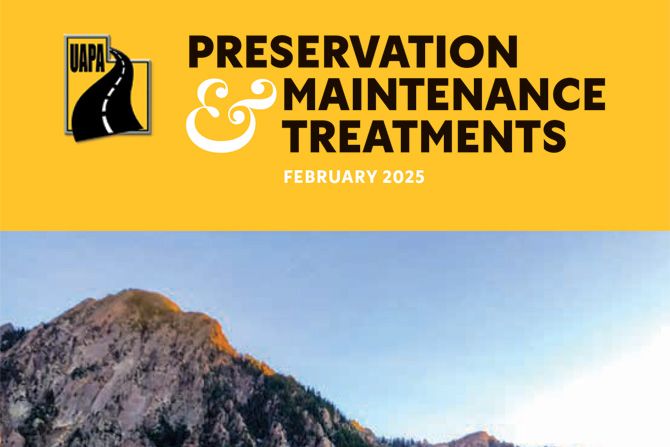Think back a few decades. People loved having emails to read. The “you’ve got mail!” announcement was welcome and exciting. The feeling of being connected, and of having the gratification of quick, almost instantaneous delivery of news and business updates changed the way we did business.
Today, email has become a necessary evil. We love the convenience, and truthfully, at this juncture, email would be difficult to function without. What people don’t love is feeling overwhelmed by the quantity of emails they get every day, so that when they open their email they know they have a long slog ahead of them as they go through what’s there, separating the useful and relevant information from the junk.
How bad is the problem? More than 269 billion emails are sent every day. What used to be love now looks more like a mixture of love and hate, because nobody loves being overloaded, and everyone hates being forced to sort through nonsense in order to get to the good stuff, the messages we actually want and need to read from other people.
Which brings up the question, are emails obsolete? Is it too hard to get people’s attention these days?
Email does have shortcomings: the competition for attention is real and gets worse every day. Most people do not open emails they did not sign up to get, and even the ones they want to receive often have to wait for attention. Sometimes they end up getting ignored completely because the inbox is too full and the recipient does not have time to go through what’s there.
Despite these problems, email should still be something you use even though you should also use it in conjunction with other strategies, and you should also be careful about what, precisely, you send.
Why is email still important?
- Just about everybody has an address. Just about everybody can send out messages. That broad access is not changing anytime soon.
- People check their email messages every single day.
- If people do put themselves on their email list, or if they are members of your association, then they are telling you that they expect you to send them valuable, interesting information.
What kinds of messages should you send? Write short ones. People don’t want to spend a lot of time reading them, and the brain processes printed information differently than online information, so keep it brief. (You can write at more length when you are planning to give people something in print, such as a newsletter.) Brevity online will make it easier for the brain to understand what is being communicated.
What else can you do to make your emails more effective?
- As much as possible, send emails to people who want to receive them.
- Look at what everyone else is doing, and then try to do something different. You want your email to stand out as much as possible.
- Identify clearly the valuable parts of your email.
- Make your emails part of an overall marketing strategy.
If you follow these rules then it is much more likely that people will see your emails, open them, and act on them.







